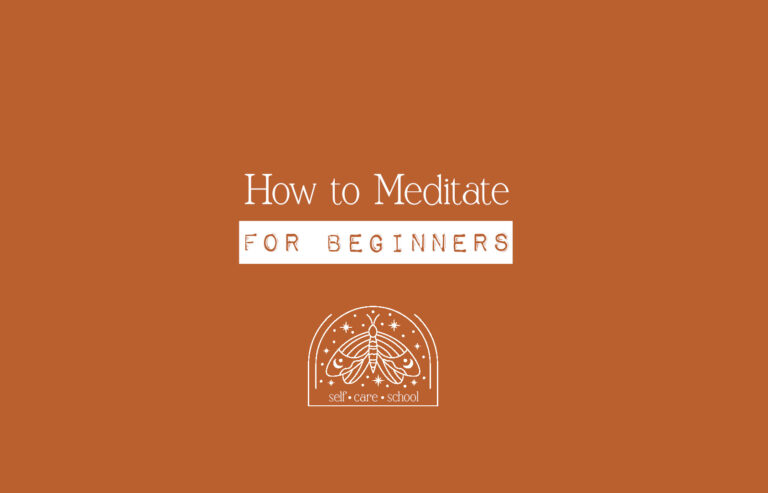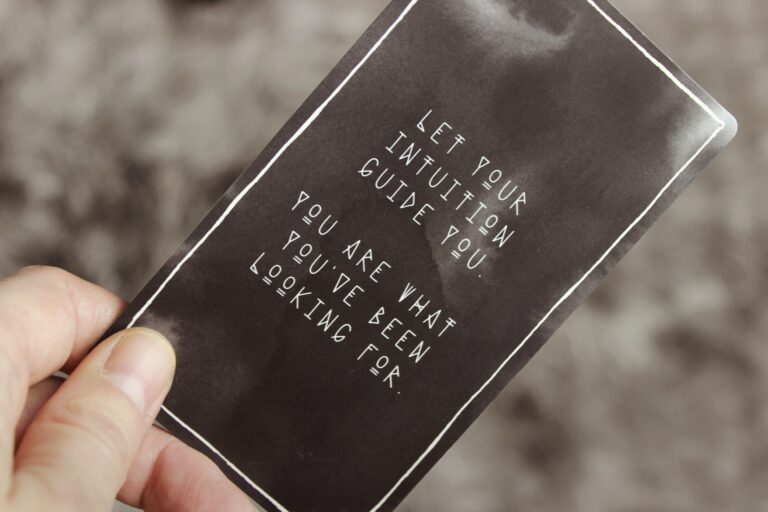How to Create Space in Your Life
When I talk about S P A C E, I’m talking about more than physical space, although that’s part of it. I’m also talking about freedom and autonomy – sort of the space to be able to make your own choices. It’s also linked with time: do you have enough space to create your day or is the schedule so chaotic that you feel more like that days kind of just drag you along. Because if you feel blocked in any of those ways, we need to create space because that’s what’s needed to keep expanding.
1. Physical Space: Simplify and Declutter
Start Small: Begin with a single drawer or shelf. Decluttering doesn’t mean throwing everything away; it means removing what’s unnecessary. Keep what you love and need, and consider donating or recycling what you don’t. Throw stuff away if you need to. I understand all too well the issues with waste and the environment, but we live in an extremely capitalistic society where items truly do accumulate just through living a normal every day life. You can’t harm your own life over guilt about this, it will never catch up with itself. It’s not your fault that it’s like this.
Designate ‘No-Clutter Zones’: Dedicate specific areas in your home that will always remain clutter-free. Over time, expand these zones. When you get used to seeing these areas being very clean, you’ll train yourself and everyone else in your home to keep them that way.
Embrace Minimalism (If It Suits You): You don’t need to own only two shirts and a mug, but consider the value and purpose of each item. Do they serve a function or bring joy?

2. Mental Space: Clearing The Mind
Daily Meditation: Just 5-10 minutes of focused breathing can center your mind, reduce stress, and increase clarity. There’s no right or wrong method—just find what resonates with you.
Limit Information Intake: News, social media, and constant notifications can overload the brain. Designate specific times for checking these and take periodic breaks.
Journaling: Put pen to paper and let your thoughts flow. This simple act can offer clarity, healing, and a sense of release.
3. Boundaries in Relationships: Know Your Limits
Communicate Clearly: It’s okay to say no. If something doesn’t align with your values, needs, or energy levels, articulate that with kindness and assertiveness.
Evaluate Your Circles: Surround yourself with people who respect your boundaries and lift you up. Sometimes, creating space may mean distancing from negative or draining influences.
Invest in Yourself: Having alone time isn’t selfish—it’s necessary. Dedicate time for self-care and personal growth. It makes you a better friend, partner, and family member.
4. Time: The Invisible Space
Prioritize: Not everything that screams for your attention is important. Know your priorities. It’s better to do a few things well than many things halfway.
Batch Tasks: Group similar tasks together. This reduces the mental load of switching between activities and can make you more efficient.
Schedule Breaks: Just as important as work is rest. Schedule short breaks during the day and longer ones during the week to rejuvenate.
Limit Multitasking: It might seem efficient, but our brains aren’t wired to handle multiple tasks well. Focus on one thing at a time.
In essence, creating space in your life is an ongoing journey. It’s about making intentional choices that serve your well-being and happiness. Remember, the aim isn’t to create voids but to make room for what truly matters. With every drawer you declutter, thought you release, boundary you set, and minute you prioritize, you’re making space for peace, joy, and growth. Embrace the journey, one step at a time.






